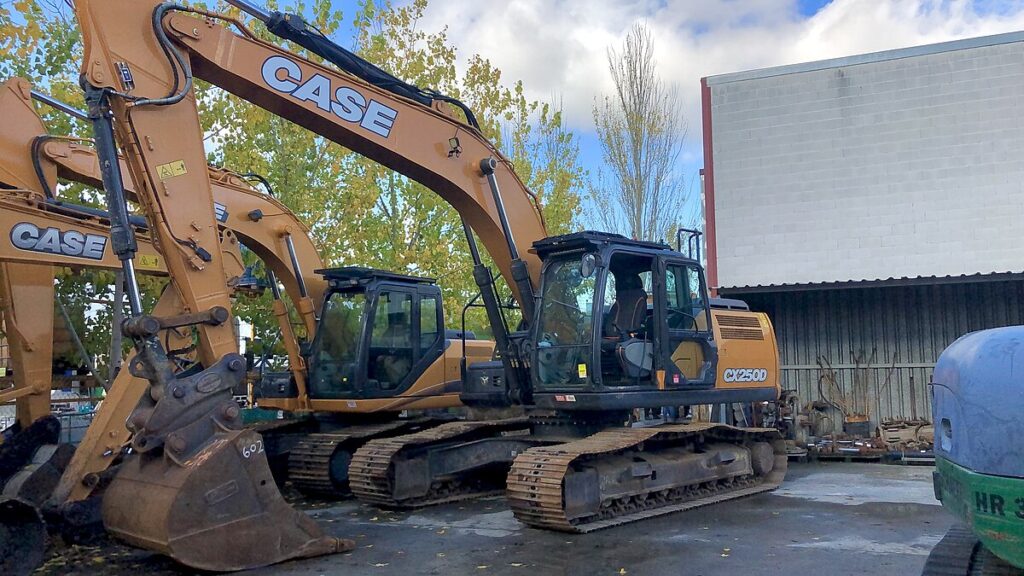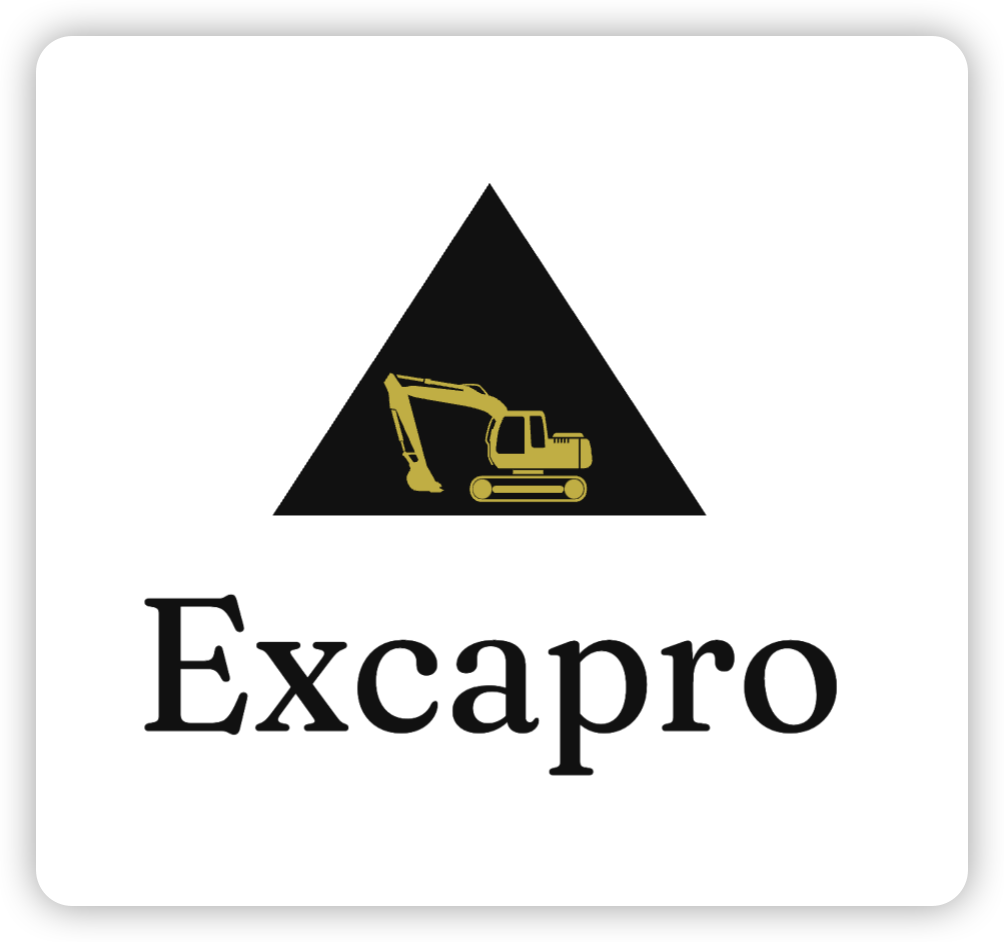
Excavator Types and Prices 5 Hidden Costs to Watch Out For
When evaluating excavator types and prices, it’s easy to overlook hidden costs that could impact your budget. It’s important to understand that the true cost of owning an excavator extends beyond the initial sticker price, whether you’re looking at compact or large models. Factors such as machine size, maintenance, and customization options all play a role in determining the total cost of ownership. This article delves into these hidden charges and offers valuable insights to help you make informed decisions when purchasing excavators.
Excavator Types and Prices: 5 Hidden Costs to Consider
Mini and compact excavators may seem like budget-friendly options, but they come with their own set of costs. While smaller machines are often seen as more affordable, their specialized components and limited versatility can increase expenses, particularly when custom attachments are required.
The cost of a micro excavator can vary depending on the brand, features, and accessories included. Compact excavators, designed for precision work in tight spaces, often require additional project-specific equipment, which can drive up the total cost.
Additionally, transportation and customization fees are often overlooked. Moving these machines to remote or urban construction sites can be costly. Special attachments for tasks such as trenching or demolition further increase the price. It’s essential to consider these factors when comparing mini and compact excavator prices to ensure you’re making a financially sound choice.
Hidden Costs of Large and Specialized Excavators
Although large excavators are priced based on machine size and power, the true cost goes beyond the initial price tag. These machines consume more fuel and require more frequent maintenance, raising operating costs.
Specialized equipment, such as hydraulic breakers or grapples, can significantly increase the price of large excavators. For some projects, customized adaptations are needed for specific materials or terrain, which adds to the overall cost.
Additionally, storage and insurance for large machines are substantial hidden expenses. High-value machinery incurs higher insurance premiums, and in urban areas with limited space, storing large equipment can be costly. Transporting these heavy machines also adds to the budget. All these factors make the total cost of ownership much higher than what is initially advertised.
Operating and Maintenance Costs
Another significant cost often overlooked is the ongoing maintenance of excavators. Whether you’re using hydraulic, wheeled, or crawler excavators, regular upkeep is necessary to keep them running efficiently on job sites.
Hydraulic excavators, for instance, require regular checks on their fluid systems and attachments. Wheeled excavators, commonly used in urban environments, often need tire replacements and alignment adjustments to avoid costly downtime. Maintenance tasks such as engine tune-ups and structural inspections can prevent larger, more expensive repairs down the road.
For used excavators, additional maintenance may be required to ensure reliability. Older machines may have worn components or gaps in their service history, which could lead to higher repair costs. Buyers should weigh the initial savings of used equipment against the potential for increased long-term maintenance.
New vs. Used Excavators: What to Consider
One of the most important considerations in choosing an excavator is deciding between new and used models. New machines come with manufacturer warranties and the latest technology, reducing the risk of unexpected failures. They can improve reliability and efficiency, especially for long-term projects. However, new excavators come at a premium price.
Used machines, on the other hand, offer savings upfront but come with potential risks. Hidden defects or wear from previous use can result in higher repair or refurbishment costs. Before purchasing a used machine, it’s crucial to inspect it thoroughly and review its service records to ensure it will meet your operational needs.
While used excavators are typically cheaper, their depreciation rate is faster, which could impact their resale value. Buyers need to consider the long-term costs, including maintenance and repairs, when choosing between new and used machines.
Choosing the Right Excavator for Your Project
Selecting the right type of excavator for your construction project requires careful consideration of both the machine’s capabilities and its costs. Hydraulic excavators are versatile and powerful, suitable for digging, demolition, and material handling tasks. They are ideal for contractors managing multiple projects or deep excavation work.
Wheeled excavators are a great option for urban environments or paved surfaces, as their rubber tires reduce surface damage and enhance mobility. Mini excavators are best suited for smaller, residential, or interior demolition projects. They are more affordable but still provide functional digging power.
Crawler excavators are the go-to choice for heavy-duty applications in rough or uneven terrain. Their stability and traction make them perfect for large-scale earthmoving projects. By evaluating the capabilities and costs of different models, contractors can select the right excavator for their specific needs and budget.
Get Quick Quote
Upgrade your Projects With our Modern Equipment.
A Newsletter Subscription Services is Available From us
Lorem ipsum dolor sit amet consectetur adipiscing elit ut elit tellus luctus nec ullamcorper mattis.
adipiscing elit ut elit tellus luctus nec ullamcorper mattis.
- Privacy Policy
- Terms & Service
